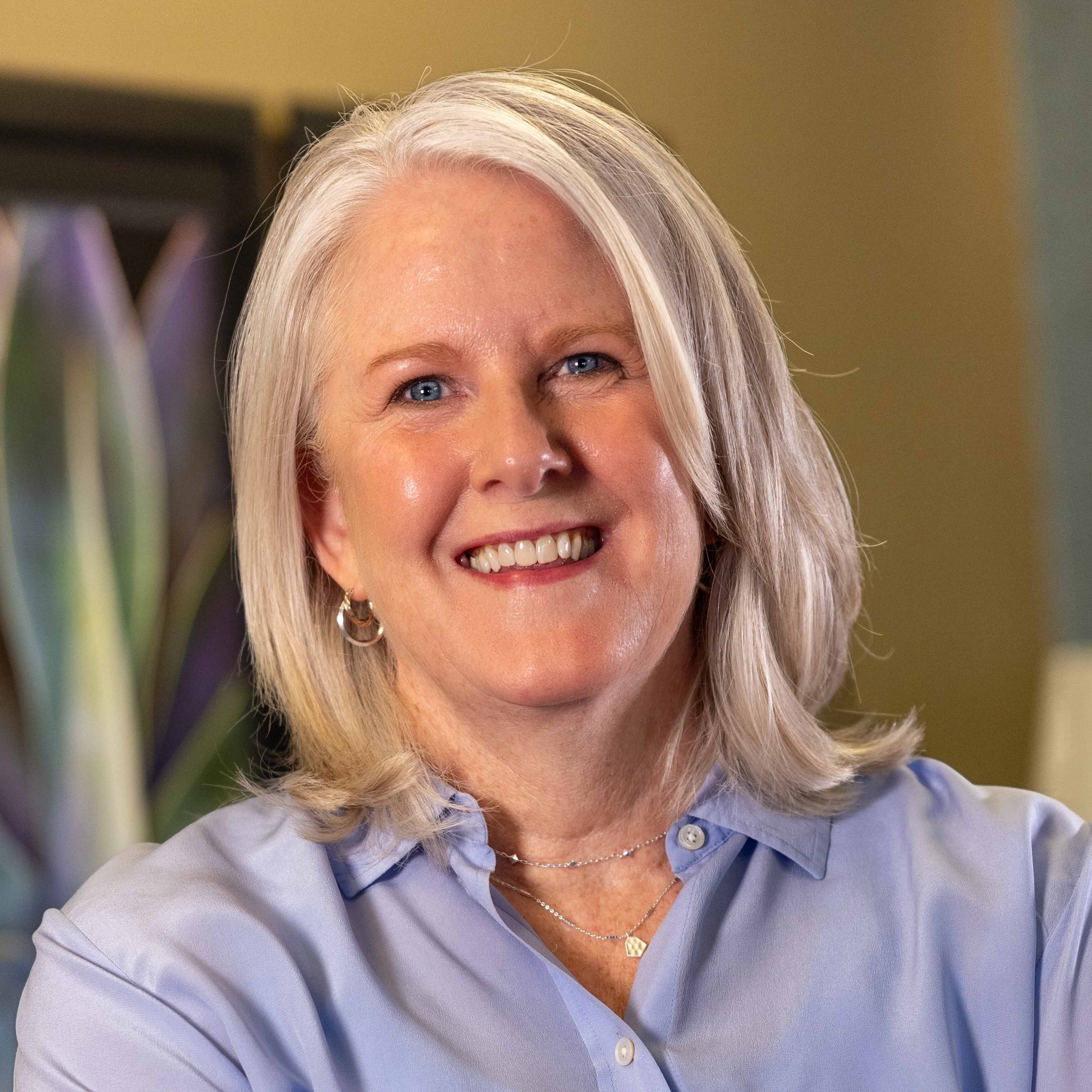 That’s the question we often get from clients when they come in to discuss their retirement. They’ve decided to retire but they don’t know what their next steps are. They want to know “how it will work”. Below are the steps we take as financial advisors to help a client who is about to retire.
That’s the question we often get from clients when they come in to discuss their retirement. They’ve decided to retire but they don’t know what their next steps are. They want to know “how it will work”. Below are the steps we take as financial advisors to help a client who is about to retire.
Back up a bit – Determine if you are ready:
Before a client decides to retire, we work with them to determine if they are financially ready to retire. Can they meet all their goals with a high probability of success? If their plan doesn’t look good, can they plan to spend less in retirement or work a little longer? Does their plan look terrific? If so, what bucket list items can they fit in. Would they like to add gifting or charitable contributions to their plan?
Determine when to take Social Security:
One of the key and critical decisions is when to take Social Security. People can start Social Security as early as age 62, but if they do, they’ll take a permanent trim to their benefits. For many people who have assets and good health, it makes more sense to delay Social Security until full retirement age, when a person may first become entitled to full or unreduced retirement benefits. For some, waiting until age 70 is even better as the Social Security paycheck goes up 8 percent per year from full retirement age until age 70. There are currently no investments available that can guarantee you 8 percent.
Figure out Taxes:
You’ve had taxes withheld from your paycheck for years. Without a paycheck, how much do you owe for taxes? At Birchwood Financial Partners, we utilize tax illustration software. This helps us estimate what taxes a client will pay for withdrawals from their Individual Retirement Accounts (IRA), from dividends and capital gains from joint and individual accounts, from Social Security payments, rental income, and more. We also use the software to determine if it makes sense to convert IRA funds to Roth IRAs. The decade between age 60 and 70 can be an opportune time to convert funds from a traditional IRA to a Roth, given the right circumstances.
Decide if you want to do any Roth Conversions:
You should look at your taxes over the long term to see if paying tax now, so you don’t pay taxes again is in your best interest. When you do a Roth conversion, you pay taxes on the conversion amount for the current tax year, and wait five years until age 59 ½ to withdraw those funds tax free. If the client will be in a lower tax bracket later, it might not make sense to convert funds. If the client is in the same or higher tax bracket in the future, then it may make perfect sense to convert some IRA money to a Roth IRA. There are several factors that may make converting to a Roth IRA attractive:
- It may reduce the future Required Minimum Distributions (RMD) and thereby lower the future tax rate. An RMD occurs at age 70 1/2, when the IRS requires you to take a certain amount of money from your tax deferred accounts based on your age.
- It may also keep a person from bumping up to a higher Medicare premium after the age of 65.
- It may keep a person from broaching a higher tax bracket if they take out a large some to pay a one time expense such as buying a vehicle.
Generally, the best candidate to do conversions has assets outside of retirement accounts to pay the tax due on conversions and also has enough of these assets to use for some of their living expenses.
Create your Retirement Paycheck:
At Birchwood, we work with clients to determine what their income looks like in retirement.
- In early retirement, funds might come from joint or individual accounts. This is also a time that there may be Roth conversions.
- In mid to late retirement the funds may come from IRAs and Roth IRAs.
It’s a bit of a puzzle, but as financial advisors we work with the software to determine how much to withdraw that will create the least taxes in he long run. Additionally, our investment team is determining from which investments to pull the funds. Since we create diversified portfolios, we can find a good asset to use in almost any kind of market. For example, when the stock market is down, we my consider selling from bonds. When bonds aren’t doing well, we may consider selling from stocks to get the cash. This cash helps create the retirement paycheck.
Goal is to minimize the taxable percentage of your monthly spending need over time:
- Start with the items that are required or automatic – such as pensions or if you are older than 70 ½ years the required distributions from your taxable accounts. Also include social security if you have elected to take your benefit.
- Determine if you still need additional income in your spending need bucket.
- If yes, determine the capacity remaining in your tax bracket and look to take more from your taxable accounts to fill the remaining capacity.
- If no, evaluate if there is a tax advantage to create income by converting some of your IRA to your Roth IRA.
- If you need additional income and your tax bracket has been filled look to take your additional spending needs from either or both of your variable tax or tax free buckets.
Other items to consider:
- The amount you pay in Medicare premiums varies depending on your taxable income.
- Tax variable and tax free accounts are great for larger lump sum needs like purchasing a car or a large travel expense since a distribution from one of these accounts generates less taxable income. You may want to set these accounts aside for your lump sum needs now or in the future.
- The amount of social security income that is taxable is determined by the amount of income you receive from your other income sources.
Summary
We find clients feel much more comfortable about retiring when they have a financial game plan and know where their next paycheck is coming from.




